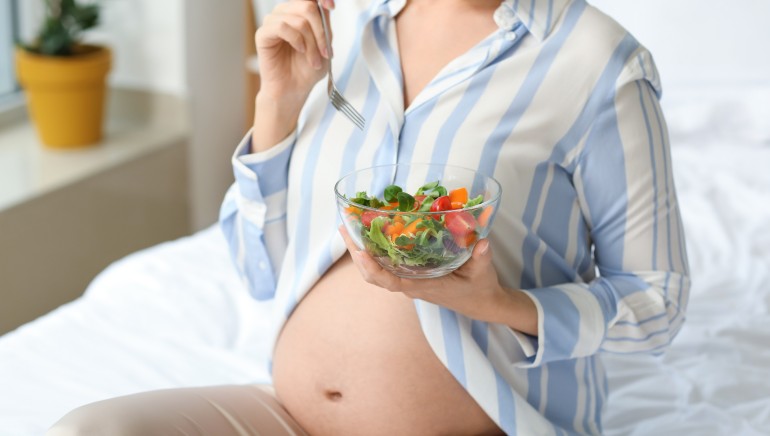
In-vitro fertilization (IVF) is a process through which eggs from a woman’s body are grown, retrieved, and fertilized with the husband’s sperm to make embryos that would be implanted in the woman’s womb. There are several myths that IVF means a donor sperm or egg. But, the fact is IVF was done because there was some tubal, sperm or the egg factor, which can be overcome by using self-sperm and eggs. That means a biological couple’s own embryo is being put back into the uterus.
There are times when a donor’s sperm is used. This happens in cases, when there is no sperm made in the body, and even when doing TESA (testicular sperm aspiration), yields no live sperm. In such a situation, after explaining the same to the couple and only after their permission and consent, the donor sperm can be used.
It is important for a couple to understand that if it means IVF or ICSI (Intracytoplasmic Sperm Injection), it is always the husband’s sperm and the wife’s egg. When the treatment specifies donor egg IVF, it means the eggs are from the egg donor. When the treatment is ICSI or IVF with donor sperm, only sperms from the donor are used.

Ideally, the husband’s sperm sample is frozen as a back up before initiating the IVF process. On the day of egg pick up, by any chance, if the husband is unable to give a sperm sample, the frozen sample is used to fertilise the eggs to make embryos.
Couples should not step back from opting for an IVF, because of the doubts or myths that surround IVF.
ICSI is a technique that is a boon for those suffering from male infertility or sperm factors, because it can be done with a very poor semen sample that has just 10-15 good sperms in the entire sample. A normal semen examination would give a sample of around 20 million sperm. Even if the sperm count is as low as a few motile sperms, these sperms can still be used in ICSI and the couple can have their own biological child.
The donor’s sperm will be used only when there is complete azoospermia, wherein a man’s semen contains no sperm, or on testicular biopsy/ TESA, there are no sperms retrieved from the testicles of the man or his hormone profile shows that there are no sperms being formed in the body. The option of donor sperm is available considering these factors.

Earlier, when there was a couple with genetic issues, like being carriers of a single gene disorder, the option of a donor sperm or egg ( as needed) was given. But, now due to advancements in science, there are advanced techniques to diagnose single gene disorder in embryos made in the lab by ICSI. It’s a great opportunity where the couple can still make their own embryos, and the lab would choose the best and the most normal embryo to overcome the genetic disease. The normal embryo is transferred to the womb of the woman.
A woman’s fertility is finite as she is born with a fixed number of eggs. From the time menarche happens, eggs are used, whether the pregnancy is planned or delayed. This means the egg reserve will drop slowly over time. However it’s seen that around 37 years of age there is a sharp decline in the egg number and quality. Once a woman reaches 40 years of age, there are very few healthy eggs in her ovaries.
These women would have a lower chance with self-eggs in IVF. Women who are older than 37, have a low egg reserve and have failed IVF with self eggs, or those who have crossed the age of 40 and do not have a good egg reserve are suggested to use donor eggs. Patients with severe endometriosis and poor egg reserve are advised to use donor eggs to give them a better and safer chance to become mothers.

Menopausal women, who haven’t crossed 50, have chances of conception but their body has finished all the egg reserve. Hence, these women only have the option of using donor eggs to fertilize with their husband’s sperm, make a good embryo and transfer it to the uterus to get pregnant. Some women sadly reach the menopausal stage much early in life. These women will benefit greatly with donor eggs.
The choice of using donor gametes is difficult for a couple. Hence, this information should be given to them with sensitivity. Intensive counseling is needed for a couple to understand the implications of accepting the donor gamete. The scientific, emotional, and clinical aspects of it should be explained to the couple. The couple should agree, accept completely and only then go ahead to opt for donor gamete.
Select Topics of your interest and let us customize your feed.
PERSONALISE NOW